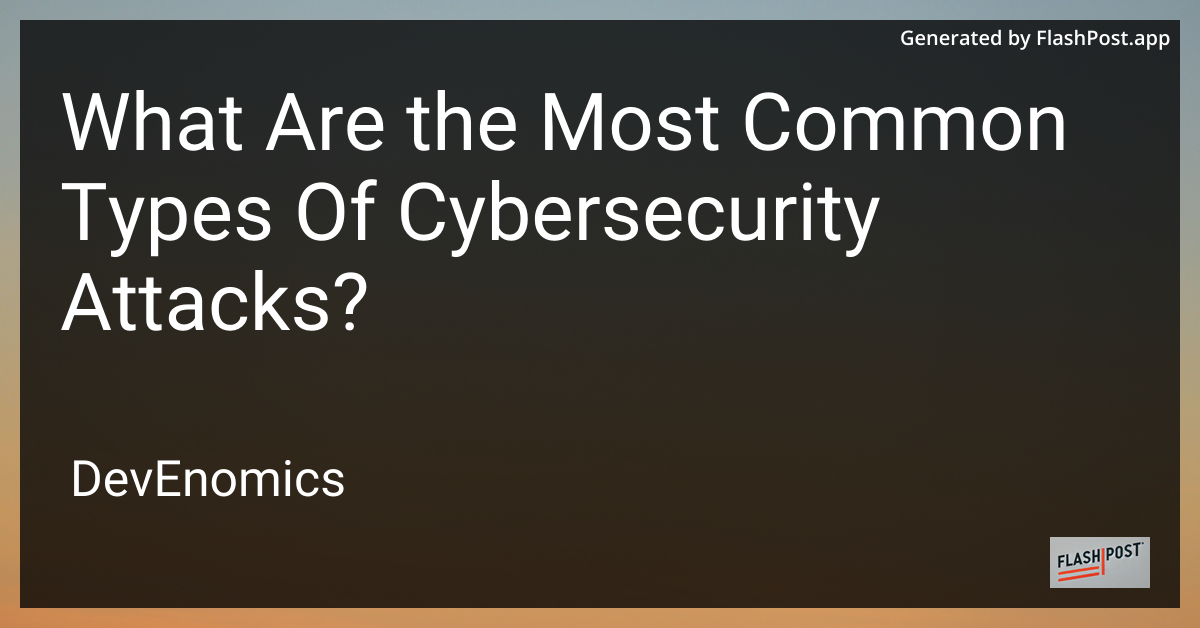

How to Improve My Personal Online Security in 2025?
In today’s digital age, maintaining robust personal online security has never been more crucial. As we approach 2025, cyber threats continue to evolve, which requires individuals to stay vigilant and proactive in protecting their personal information. This article will guide you through key strategies to enhance your personal online security and help safeguard your digital presence.
1. Understanding the Current Cybersecurity Landscape
To effectively protect yourself online, it’s essential to have a comprehensive understanding of the broader cybersecurity industry trends. Keeping up with these trends can provide insights into emerging threats and innovative defense mechanisms. For more information, check out this excellent resource on cybersecurity industry trends.
2. Strong, Unique Passwords
Creating strong, unique passwords for each of your online accounts is a foundational step in securing your personal information. Use a combination of letters, numbers, and special characters, and avoid common words or phrases. Consider using a password manager to help manage and generate secure passwords.
3. Enable Multi-Factor Authentication (MFA)
Enable multi-factor authentication wherever possible. MFA adds an extra layer of security by requiring a second form of verification, such as a text message code or authentication app prompt, in addition to your password.
4. Stay Informed About Cyber Threats
Being aware of the latest cyber threats can significantly bolster your defenses. Regularly reading about cybersecurity and understanding common attack vectors, such as phishing and ransomware, is beneficial. A great starting point is this blog focusing on how to secure a system against cyber attacks.
5. Invest in Security Software
Invest in reputable security software that provides comprehensive protection against malware, viruses, and other online threats. Ensure your software is set to update automatically, so you have the latest security patches and threat definitions.
6. Prioritize Privacy Settings
Review and adjust privacy settings on your social media and online accounts. Limit the amount of personal information you share publicly and be wary of the permissions you grant to apps and services.
7. Backup Your Data Regularly
Regularly backing up your data protects it from potential cyber attacks that might compromise your information. Consider using both cloud storage and external hard drives to ensure redundancy in your backups.
8. Strengthen Your Cybersecurity Skills
Enhancing your cybersecurity knowledge can make a significant difference in protecting yourself online. Engaging in online courses and cybersecurity training programs can sharpen your skills and keep you informed about best practices. You can learn more about building cybersecurity skills.
9. Use a Virtual Private Network (VPN)
A VPN encrypts your internet connection, providing an additional layer of privacy by masking your IP address. This is particularly important when using public Wi-Fi networks, which are more susceptible to security breaches.
Conclusion
Improving your personal online security in 2025 requires a proactive approach and a commitment to learning about emerging threats and protective measures. By implementing these strategies and staying informed, you can significantly enhance your online safety and protect your personal information from cyber threats effectively.
By following these guidelines and utilizing the resources provided, you can create a secure digital environment and reduce the risk of cyberattacks in the fast-evolving online world of 2025.
